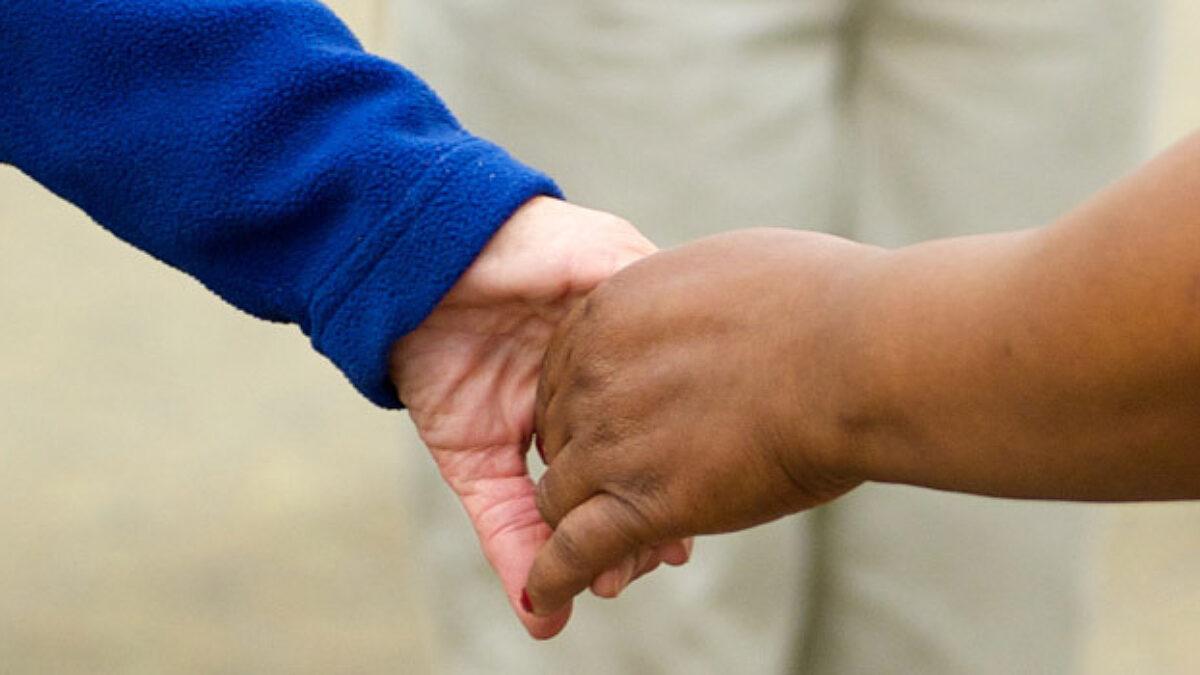
Advocate’s South Carolina Stories of Racial Awakening Project: Narrative 15
Black lives matter
By the Rev. John Wesley Culp
Editor’s note: The following is the 15th narrative accepted for publication in the Advocate’s South Carolina Stories of Racial Awakening Project. Submit your own narrative and receive $50. See guidelines, here.
I have lived in South Carolina all my life and had relatives that fought in the Confederacy. I lived in a segregated society.
As a child and a teenager, I was naïve to the term “racism.” I did not think of myself as a racist in school, church or society. This was the teaching: I was white and in the “privileged” class. There were signs that said ”White Only” and ”Colored Only” and separate rooms in doctor’s offices. Blacks were to use the back doors at restaurants and sit in the balcony at movies. I was so ignorant and sheltered. I grew up as a white person in American society with all the white privileges and systematic injustices.
As a student in 1963 at the University of South Carolina, I was wide-eyed when the first black student was admitted to the university, and I was too scared to speak to him. While at Candler School of Theology at Emory, I missed the funeral of Dr. Martin Luther King Jr. because of being too scared to go, but I realized something was happening that was deep and spiritual. I was too ignorant to understand the marches and the civil rights protests. The teachings of segregation and prejudices were strong, and I needed new teachers and witnesses.
My family was religious and faithful. We were not taught to hate. I believe we understood love and care. My grandmother said, ”Every person has a soul.” My conversion or repentance came when I realized love is needed, and God loves everyone regardless of the race.
The same barrier of injustice exists in the way the church and society treat gay, lesbian, bisexual and transgender individuals. Ignorance and fear continues and not faith and love.
As a chaplain in 1970 at Grady Hospital in Atlanta, Georgia, I experienced a conversion and realized everyone has a soul. I was able to minister to the beautiful black race. God spoke to me through these people’s lives. We shared emotions, experiences of life and death, courage and faith, and I discovered the soul of blacks.
Since then I have been blessed with friendships and spiritual gifts from this race. In 1971, I attended the first African-American church in Liberty. My journey was beginning, and it was profound. I had mentors such as my district superintendent, Dr. Eben Taylor; Dr. McKay Brabham, editor of the Advocate; and clergy such as Mikey Fisher, Oscar Smith and Fred Reese, who stood at the crossroads and were prophets for the times.
When I started Salkehatchie Summer Service Camp, I wanted young people to experience the beauty of all people and not be isolated as I was. Salkehatchie is a love story, and relationships have developed in powerful ways.
Every day it is a challenge to confront racism in my own life and society. Racism simply remains invisible to those who claim we’re in a ”post-racial” era. Ignorant fear continues. Who are the leaders? What are we willing to do to overcome social injustices and racism?
Dr. Martin Luther King Jr. said, ”The strong person is the person who can cut off the chain of hate, the chain of evil. Somebody has to have religion enough and morality enough to cut off the chain of hate and the chain of evil in the universe, and they do that by love. To inject within the structure of the universe that strong and powerful element of love.” King said, ”Love your enemies that you may be children of your Father which is in heaven. We must love our enemies, because only by loving them can we know God and experience the beauty of His Holiness.”
By the grace of God, I hope and pray I continue to cut the chain of hate and evil no matter how small and insignificant it may be.
In John 8:32, Jesus says, “You will know the truth, and the truth will make you free.”
Thank God I have experienced a small portion of truth: that God loves everyone.
The truth is that black lives matter.
Culp, 71, a white male, is a retired member of the South Carolina Conference of The United Methodist Church.